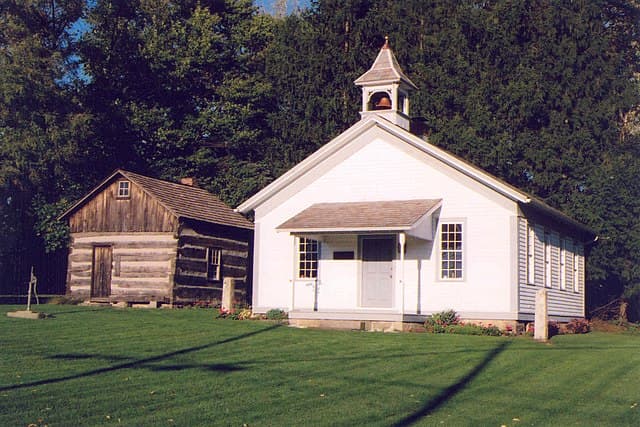
‘The Trembling Hand’ Provocatively Calls Out the Romantic Poets for Perpetuating Racist Tropes
By CARL ROLLYSON
|The Nine appear likely to rule that government vouchers can be used for instruction at sectarian schools, a breakthrough for religious liberty.

Already have a subscription? Sign in to continue reading
$0.01/day for 60 days
Cancel anytime
By continuing you agree to our Privacy Policy and Terms of Service.

By CARL ROLLYSON
|
By THE NEW YORK SUN
|
By THE NEW YORK SUN
|
By TOM TEODORCZUK
|
By BENNY AVNI
|
By LAWRENCE KUDLOW
|
By THE NEW YORK SUN
|
By BENNY AVNI
|